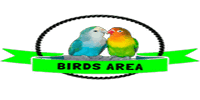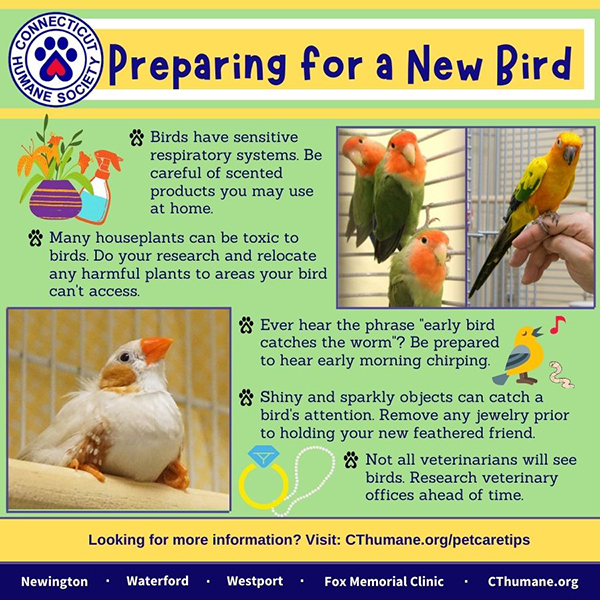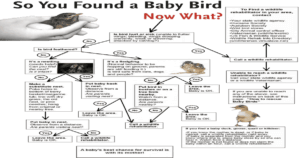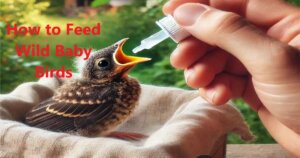How Do You Take Care of a Bird for the First Time? Expert Tips
Taking care of a bird for the first time can seem challenging. Birds need special attention and care.
Owning a bird is a rewarding experience, but it requires responsibility. Birds are sensitive creatures with specific needs. You must understand their diet, habitat, and behavior. Creating a safe and comfortable environment is crucial for their well-being. This guide will help you learn how to take care of a bird for the first time.
You will gain insights into their daily needs and how to keep them healthy and happy. By the end, you will feel more confident about providing the best care for your new feathered friend.

Credit: www.reddit.com
Choosing The Right Bird
Taking care of a bird for the first time can be exciting. One of the first steps is choosing the right bird. This decision impacts how well the bird fits into your home and lifestyle. It’s important to think about several factors, such as species, size, and space.
Consider Species
Different bird species have unique needs and temperaments. Some birds are quiet and easy to care for, while others are loud and need more attention. Here is a brief comparison of some popular bird species:
| Species | Temperament | Care Level |
|---|---|---|
| Budgerigar | Friendly | Easy |
| Cockatiel | Playful | Moderate |
| Macaw | Social | High |
Choose a species that matches your lifestyle and experience level. For beginners, budgerigars are a great choice. They are friendly and easy to care for.
Assess Size And Space
The size of the bird determines the space needed. Larger birds need more room to move and exercise. Smaller birds can live comfortably in smaller spaces. It’s essential to provide a cage that is spacious and well-equipped. Here are some tips:
- Ensure the cage is large enough for the bird to spread its wings.
- Place perches at different heights for exercise.
- Include toys to keep the bird entertained.
A larger space allows for a happier and healthier bird. Remember, birds need interaction and mental stimulation. Spend time with your bird daily to build a bond.
Preparing Your Home
Bringing a bird into your home is a delightful experience. But it also comes with responsibilities. Preparing your home is the first step in ensuring your new feathered friend feels safe and comfortable. This preparation involves setting up the cage and creating a safe environment.
Cage Setup
Choosing the right cage is crucial. The cage should be spacious enough for your bird to move around freely. Ensure there are horizontal bars for climbing. Place the cage in a quiet, well-lit area away from direct sunlight and drafts.
Add perches of different sizes and textures to keep your bird’s feet healthy. Include toys and swings to keep your bird entertained. Keep the food and water dishes clean and filled with fresh supplies.
Safe Environment
Birds are sensitive to their surroundings. Remove any toxic plants from your home. Keep your bird away from kitchen fumes and non-stick cookware. Ensure windows and doors are secure to prevent escapes.
Keep electrical cords out of reach. Cover mirrors and windows to avoid collisions. Regularly check your home for potential hazards. These steps will help create a safe environment for your bird.
Diet And Nutrition
Taking care of a bird for the first time can be exciting. Their diet and nutrition are vital for their health. Birds need a balanced diet and fresh water daily. Providing the right food and clean water ensures they live a long, happy life.
Balanced Diet
A balanced diet is key for a bird’s well-being. Different birds have different dietary needs. Many birds thrive on a mix of seeds, pellets, and fresh fruits and vegetables. Pellets are a good base as they offer essential nutrients. Seeds can be given in moderation. Too many seeds can lead to obesity.
Fruits and vegetables add variety and essential vitamins. Apples, carrots, and leafy greens are good options. Avoid foods high in salt, sugar, or fat. Chocolate and avocado are toxic to birds. Always research food before feeding it to your bird.
Fresh Water
Fresh water is crucial for a bird’s health. Birds need access to clean water at all times. Change the water daily to prevent bacteria growth. Use a sturdy, easy-to-clean water dish.
Check the water level throughout the day. Birds may spill or contaminate the water. In warm weather, water may evaporate quickly. Ensure your bird stays hydrated, especially during hot days.
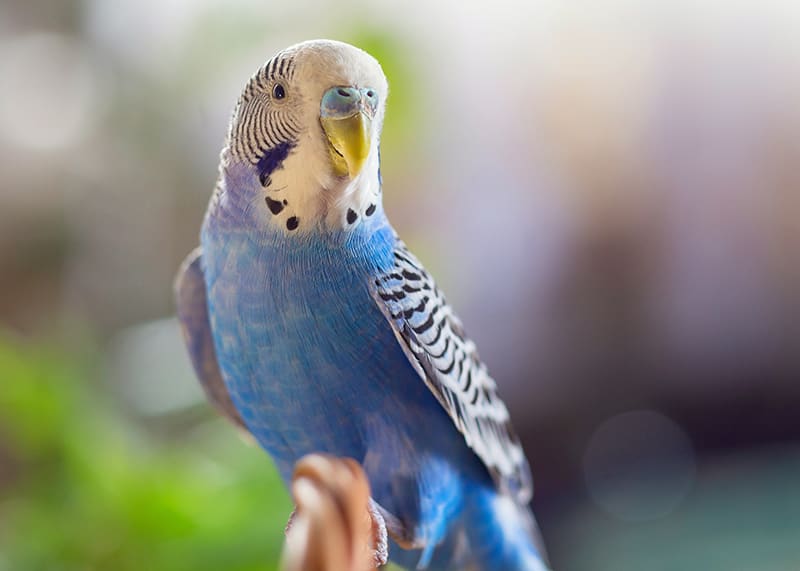
Credit: www.thomasvillevet.net
Daily Care Routine
Taking care of a bird for the first time can be exciting. Birds need a daily care routine to stay healthy and happy. This routine includes feeding, cleaning, and monitoring your bird’s well-being. Let’s explore these essential tasks.
Feeding Schedule
Your bird needs a balanced diet. Plan a feeding schedule to ensure proper nutrition. Offer fresh fruits, vegetables, and bird-specific pellets. Avoid giving your bird junk food or anything with caffeine. Fresh water must be available at all times. Clean and refill the water dish daily.
Cleaning The Cage
A clean cage is vital for your bird’s health. Remove uneaten food and droppings every day. Change the cage liner or newspaper daily. Scrub the food and water dishes with warm water and mild soap. Disinfect the cage and toys weekly to prevent bacteria buildup. Keep the cage in a well-ventilated area.
Socialization And Interaction
Proper socialization and interaction are crucial for your bird’s wellbeing. Birds are social creatures and need regular interaction. This helps them stay happy and healthy. Engaging with your bird builds trust and strengthens your bond. Below are some tips on how to socialize and interact with your bird effectively.
Bonding Time
Spending quality time with your bird is essential. Regular interaction helps build a strong bond. Here are some ways to bond with your bird:
- Talk to your bird softly and frequently.
- Offer treats from your hand.
- Gently pet your bird if they are comfortable.
- Allow your bird to perch on your finger.
Consistency is key. Spend time with your bird daily. This makes them feel secure and loved.
Training Basics
Training your bird can be a fun and rewarding experience. It also helps improve your bird’s behavior. Here are some basic training tips:
- Start with simple commands like “step up” and “step down”.
- Use positive reinforcement. Reward with treats and praise.
- Keep training sessions short and engaging. Around 10-15 minutes.
- Be patient. Birds learn at their own pace.
Training not only teaches your bird new skills but also strengthens your bond.
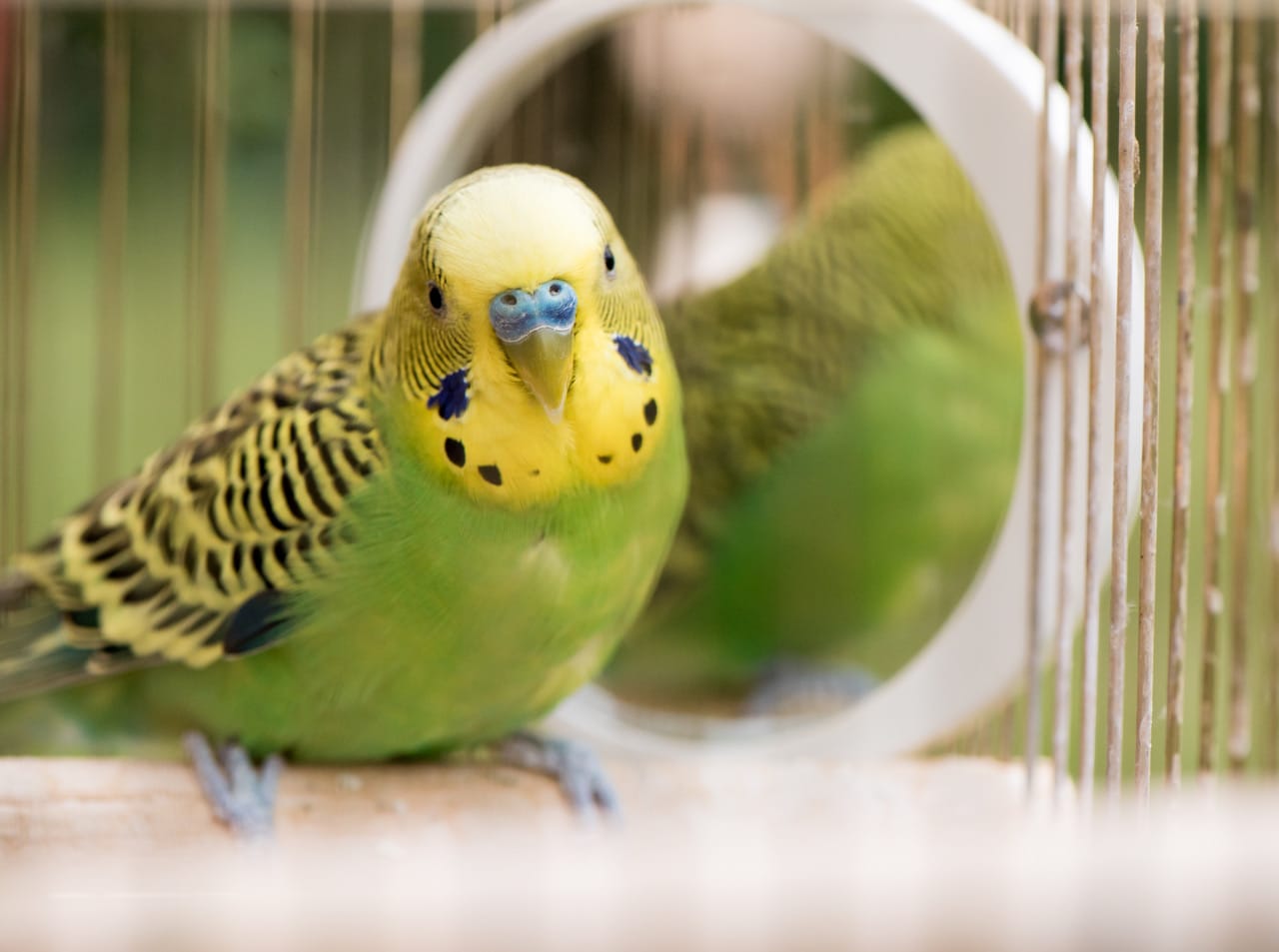
Credit: www.thomasvillevet.net
Health And Wellness
Taking care of a bird for the first time involves understanding its health and wellness needs. Birds require special care to stay healthy and happy. This section will guide you through the essentials of maintaining your bird’s health.
Regular Checkups
Regular checkups are crucial for your bird’s health. Visit an avian vet at least once a year. During the checkup, the vet will examine your bird thoroughly. They will check for any signs of illness or distress. Routine exams help detect problems early.
Schedule more frequent visits if your bird is young or elderly. Young birds need extra care to ensure they grow healthy. Elderly birds might have age-related health issues. Regular vet visits can prevent serious health problems.
Common Ailments
Birds can suffer from various common ailments. These include respiratory infections, feather plucking, and digestive problems. Knowing the symptoms helps you act fast.
| Ailment | Symptoms | Prevention |
|---|---|---|
| Respiratory Infections | Wheezing, coughing, nasal discharge | Keep the cage clean, avoid drafts |
| Feather Plucking | Bald spots, irritated skin | Provide mental stimulation, avoid stress |
| Digestive Problems | Diarrhea, loss of appetite | Feed a balanced diet, avoid spoiled food |
Recognize these symptoms early to get timely vet care. Proper care and attention can prevent many health issues. A healthy bird is a happy bird.
Grooming Needs
Grooming your bird is essential for its health and well-being. Proper grooming ensures your bird stays clean and comfortable. Let’s explore the key aspects of grooming for your bird.
Feather Maintenance
Feathers are crucial for your bird’s health. Regular feather maintenance keeps them clean and functional. Here’s how to care for your bird’s feathers:
- Bathing: Birds need regular baths to keep their feathers clean. Use a shallow dish of water or a spray bottle.
- Misting: Misting your bird helps keep its feathers in good condition. Use lukewarm water for best results.
- Preening: Birds preen themselves to maintain feathers. Ensure they have time for this natural behavior.
Nail Trimming
Overgrown nails can cause discomfort and health issues for your bird. Regular nail trimming is essential. Follow these steps:
- Gently hold your bird, ensuring it is calm.
- Use a bird-safe nail trimmer.
- Trim the nails carefully, avoiding the quick.
Consult your vet if you need help with nail trimming. Proper nail care prevents injuries and keeps your bird comfortable.
Emergency Preparedness
Taking care of a bird for the first time involves setting up a safe cage with food and water. Regularly clean the cage and provide toys for mental stimulation.
Being prepared for emergencies is crucial when you have a bird. Birds can fall ill or get injured suddenly. Knowing what to do can save your bird’s life. This section will guide you on how to handle emergencies with ease.First Aid Kit
A first aid kit for birds is essential. Stock it with basics like antiseptic, tweezers, and cotton balls. Include gauze pads and bandages too. Have a small pair of scissors handy. Bird-safe disinfectant is a must. Keep styptic powder for bleeding control. Have a digital thermometer specifically for birds.Emergency Contacts
Have a list of emergency contacts ready. Your vet’s number should be at the top. Find an avian vet if possible. Have the number of an after-hours emergency clinic. Save the contact details of a nearby animal hospital. Keep these numbers in an easily accessible place. Share this list with family members. “`Frequently Asked Questions
How Do You Set Up A Bird Cage?
Ensure the cage is spacious, with perches and toys. Place it away from drafts and direct sunlight. Use appropriate bedding and clean it regularly.
What Should You Feed A Pet Bird?
Provide a balanced diet of seeds, pellets, fresh fruits, and vegetables. Avoid avocado, chocolate, and caffeine, as they are toxic to birds.
How Often Should You Clean A Bird’s Cage?
Clean the cage daily by removing waste and uneaten food. Perform a deep clean weekly, including washing perches and toys.
How Do You Bond With A New Bird?
Spend time near the cage, talk gently, and offer treats. Gradually introduce hands and let the bird come to you.
Conclusion
Caring for a bird for the first time requires patience and love. Provide a clean cage and fresh water daily. Feed your bird a balanced diet. Spend quality time interacting with your feathered friend. Regular vet visits are crucial for health.
Learn to understand your bird’s behavior and needs. Create a safe environment for your bird to explore and play. With consistent care, your bird will thrive and bring joy to your home. Enjoy the journey of bird ownership, and build a strong bond with your new pet.
Hello Dear, I'm Poli Kolymnia, owner of many birds (including budgies).
With a deep passion for these feathered companions, I'm here to share my expertise and extensive knowledge on birds care.
My articles cover essential topics like diet, housing, care, and health, providing practical tips to help you create a happy and thriving environment for your birds.
